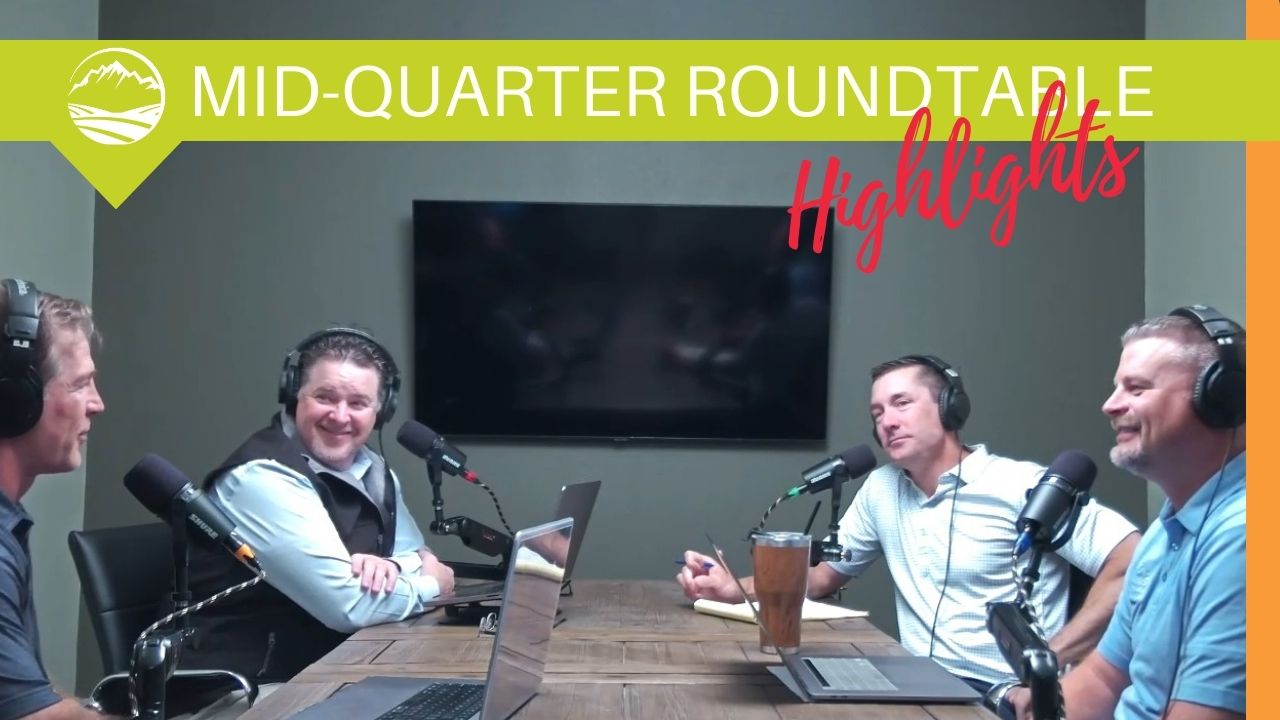You are now leaving the Strong Valley Wealth & Pension, LLC ("Strong Valley") website. By clicking on the "Schwab Alliance Access" link below you will be entering the Charles Schwab & Co., Inc. (“Schwab”) Website. Schwab is a registered broker-dealer, and is not affiliated with Strong Valley or any advisor(s) whose name(s) appears on this Website. Strong Valley is/are independently owned and operated. Schwab neither endorses nor recommends Strong Valley. Regardless of any referral or recommendation, Schwab does not endorse or recommend the investment strategy of any advisor. Schwab has agreements with Strong Valley under which Schwab provides Strong Valley with services related to your account. Schwab does not review the Strong Valley website(s), and makes no representation regarding the content of the Website(s). The information contained in the Strong Valley website should not be considered to be either a recommendation by Schwab or a solicitation of any offer to purchase or sell any securities.

There is a lot of speculation going on in the news lately about the Federal Reserve Board (the Fed) raising the interest rates in 2022 or 2023. Whether you are a lender, a borrower or both, carefully consider how interest rates may affect your financial decisions. This quick read reviews the basic concept of interest rates, to help you understand how changing interest rates may affect your saving and borrowing habits.

There is a lot of speculation going on in the news lately about the feds raising the interest rates in 2022 or 2023. Whether you are a lender, a borrower or both, carefully consider how interest rates may affect your financial decisions.
When discussing bank accounts, investments, loans, and mortgages, it is important to understand the concept of interest rates. Interest is the price you pay for the temporary use of someone else’s funds; an interest rate is the percentage of a borrowed amount that is attributable to interest.
Although borrowing money can help you accomplish a variety of financial goals, the cost of borrowing is interest. When you take out a loan, you receive a lump sum of money up front and are obligated to pay it back over time, generally with interest. Due to the interest charges, you end up owing more than you actually borrowed. The trade-off, however, is that you receive the funds you need to achieve your goal, such as buying a house, obtaining a college education, or starting a business. Given the extra cost of interest, which can add up significantly over time, be sure that any debt you assume is affordable and worth the expense over the long term.
To a lender, interest represents compensation for the service and risk of lending money. In addition to giving up the opportunity to spend the money right away, a lender assumes certain risks. One obvious risk is that the borrower will not pay back the loan in a timely manner, if ever. Inflation creates another risk. Typically, prices tend to rise over time; therefore, goods and services will likely cost more by the time a lender is paid back. In effect, the future spending power of the money borrowed is reduced by inflation because more dollars are needed to purchase the same amount of goods and services. Interest paid on a loan helps to cushion the effects of inflation for the lender.
Interest rates often fluctuate, according to the supply and demand of credit, which is the money available to be loaned and borrowed. In general, one person’s financial habits, such as carrying a loan or saving money in fixed-interest accounts, will not affect the amount of credit available to borrowers enough to change interest rates. However, an overall trend in consumer banking, investing, and debt can have an effect on interest rates. Businesses, governments, and foreign entities also impact the supply and demand of credit according to their lending and borrowing patterns. An increase in the supply of credit, often associated with a decrease in demand for credit, tends to lower interest rates. Conversely, a decrease in supply of credit, often coupled with an increase in demand for it, tends to raise interest rates.
As a part of the U.S. government’s monetary policy, the Federal Reserve Board (the Fed) manipulates interest rates in an effort to control money and credit conditions in the economy. Consequently, lenders and borrowers can look to the Fed for an indication of how interest rates may change in the future.
In order to influence the economy, the Fed buys or sells previously issued government securities, which affects the Federal funds rate. This is the interest rate that institutions charge each other for very short-term loans, as well as the interest rate banks use for commercial lending. For example, when the Fed sells securities, money from banks is used for these transactions; this lowers the amount available for lending, which raises interest rates.
By contrast, when the Fed buys government securities, banks are left with more money than is needed for lending; this increase in the supply of credit, in turn, lowers interest rates. Lower interest rates tend to make it easier for individuals to borrow. Since less money is spent on interest, more funds may be available to spend on other goods and services. Higher interest rates are often an incentive for individuals to save and invest, in order to take advantage of the greater amount of interest to be earned.
As a lender or borrower, it is important to understand how changing interest rates may affect your saving or borrowing habits. This knowledge can help with your decision-making as you pursue your financial objectives.



